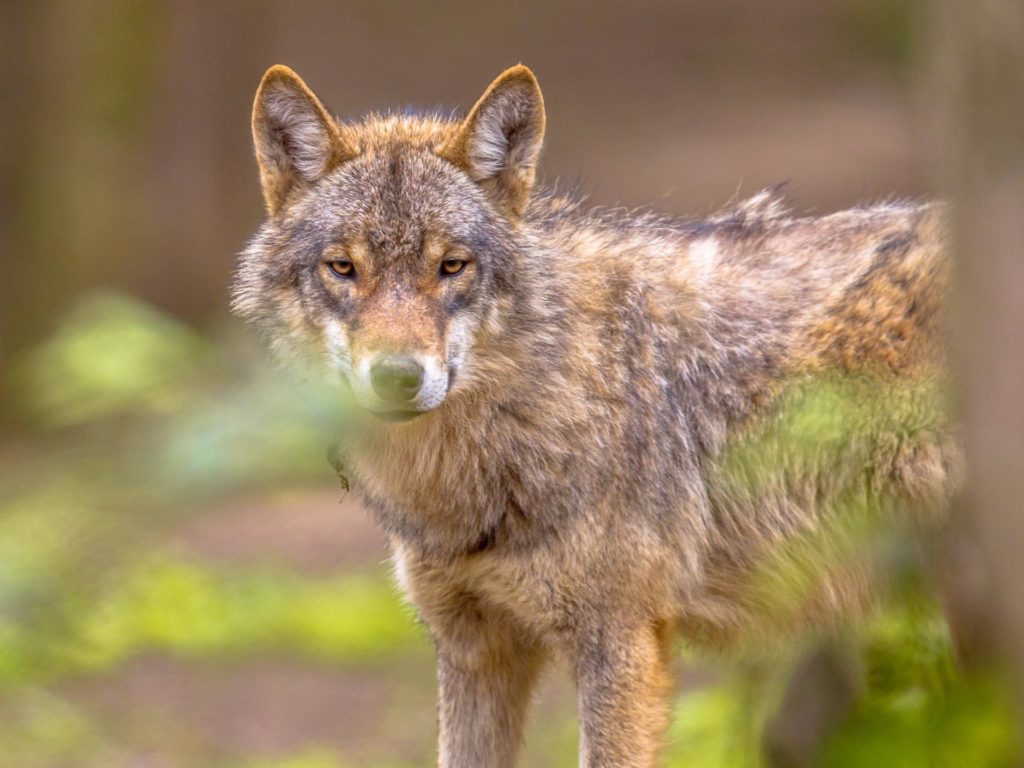The wolf has made a comeback in Europe, including in Belgium, but not everyone is equally happy to see the return of the species. By EU law, Member States are required to preserve or restore the living conditions of large carnivores but measures are now being considered to curb the wolf population.
Farmers have seen a sharp rise in wolf attacks on livestock, particularly in the Flemish countryside; equestrians, too, have voiced concern about the safety of thoroughbred horses.
When the protection of wolves was discussed late last year, ministers asked the European Commission to restore the balance between the interests of agriculture and those of wolves. The European Parliament is now considering a resolution, reports HLN.
A (mostly) protected species
Wolves are currently protected in Europe although countries can still apply for an exemption that would allow them to hunt the wolf. However, this process is somewhat obscure.
Parliament officials are asking that the protection wolves be downgraded, making it possible for Member States to take 'management measures' against the wolf if they consider it necessary in their region.
“We see a new situation in Europe with many wolves in some places,” said Tom Vandekendelaere (CD&V). “Wolves are among the most protected animals in Europe but they are not cuddly creatures.” He added that urban areas such as Flanders aren't adapted to the animal’s growing presence.
Related News
- The 'definitive comeback of the wolf’ in 2021 not celebrated by all
- More wolf sightings and more dead livestock north of Antwerp
- More wolf attacks: 15 deer killed at family resort over the weekend
"Regions must have the flexibility to take concrete measures to control the situation, on a scientific basis and only if necessary."
Flemish farmers especially concerned
Hilde Vautmans (Open Vld) from Limburg, which has experienced a number of wolf attacks in recent months, is also in favour of the resolution: “It is important that the debate about the wolf is now conducted at European level."
“In 1992, the wolf was threatened with extinction. Now we see that the wolf is on the rise again with more than 20,000 wolves in Europe. This is causing damage and growing unrest among livestock farmers. This is not only the case for traditional livestock farmers, but also for large stud farms and horse breeders or private individuals."
"Therefore, we must dare to look at and evaluate this directive so that we can control the wolf population in the future.”
The debate over the fate of the wolf is already underway, with a final vote due on 28 February.

